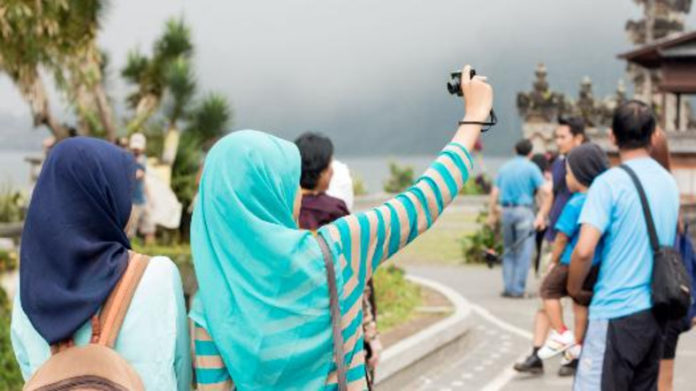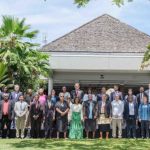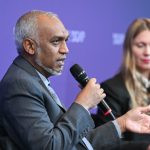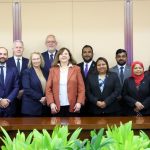
Muslim Millennial Travelers (MMTs), a distinctive subgroup of the modern millennial travellers are modelling a USD 100 billion market with their special requirements, interests and unique decision-making styles. Similar to the rest of the Millennial travellers, they are also more digital natives and like to share experience and adventures with the online community. Muslim Millennials are also described using words such as Gen M, Mipsterz (Muslim Hipsters) and GUMmies (Global Urban Muslim Consumer).
Flourishing travel within this young generation of Muslims with more disposable income has led to the evaluation of the potential within Muslim millennial market for tourism and hospitality industry. Such evaluation in the Mastercard-HalalTrip Muslim Millennial Travel Report 2017 (MMTR2017) shows the increasing importance of the Muslim Millennial travellers to the world tourism sector. It is projected that total expenditure of MMTs will surpass USD 100 billion by the year 2025. This is 33.3% of the whole Muslim travel segment which is expected to reach USD 300 billion by 2026.
Travel activities of Muslim travellers have highly increased in the past few years. The number of Muslim travellers worldwide increased to 98 million in 2010, from just 25 million in 2000. In 2016, 121 million Muslim travellers were recorded and this figure is expected to reach 158 million by 2020. As people under the age of 30 make 60% of the Muslim population worldwide, the increasingly affluent young Muslim market segment indicate the vast potential for Muslim-friendly travel-related products and services.
Highlighted in the MMTR2017 report, MMTs are known to look for 3 things when they are travelling. Authenticity, affordability and accessibility. They look for authentic destination experiences, local cuisine and a flexible travel itinerary. Affordable accommodation, transportation and recreational activities are also key factors that help the MMTs decide on their travel plans. Like all millennials, accessible technology and information sharing are a must for the MMTs.
MMTs are characterised as being represented by cross-cultural backgrounds, geographically dispersed, earning higher incomes and willing to spend, social media proficient, influenced by digital media, vocal and enjoy inclusiveness.
To reach a target market as unique as the MMTs, it is essential that the service providers understand the needs of this group of travellers. MMTs give high importance to Muslim friendly amenities and services including Halal food and toilets with bidet sprays. They use online platforms and mobile software to look for these amenities. They also like to engage with a community of similar travellers, share information and review services. MMTs like to travel free and easy and stay connected to their social media networks. They often travel with friends and family and look for affordable trip components. While the MMTs travel 2-5 times annually, they usually travel for leisure and spend USD 500-2000 in a single trip which will last an average 5-6 days. Planning of trips are done 1-6 months in advance and the majority of the bookings are done online. Unique experiences and safety and security also play important roles in the determination of MMTs travel destination. For information, MMTs rely highly on social media and are inspired by other Muslim travellers and discover destination videos.
The potential in Millennial Muslim Travelers segment is vast and service providers have a lot of options to explore. Whether it is providing halal food options, water friendly toilets, prayer rooms or platforms where Muslim travellers can connect with each other, there are different ways to attract and develop this flourishing segment.
As a Muslim country, Maldives already has the advantage in terms of the availability of services and amenities most Muslim travellers seek. Further development and strengthening of the halal tourism sector in Maldives will prove to be beneficial in the long run.











